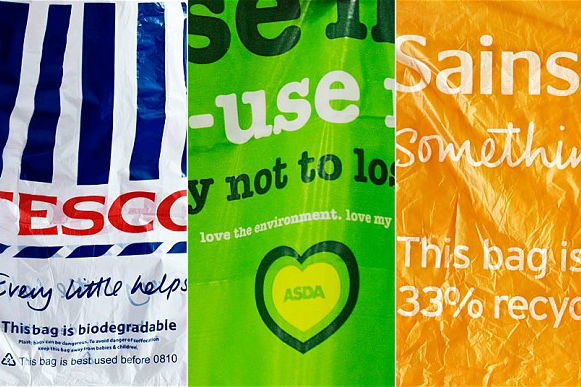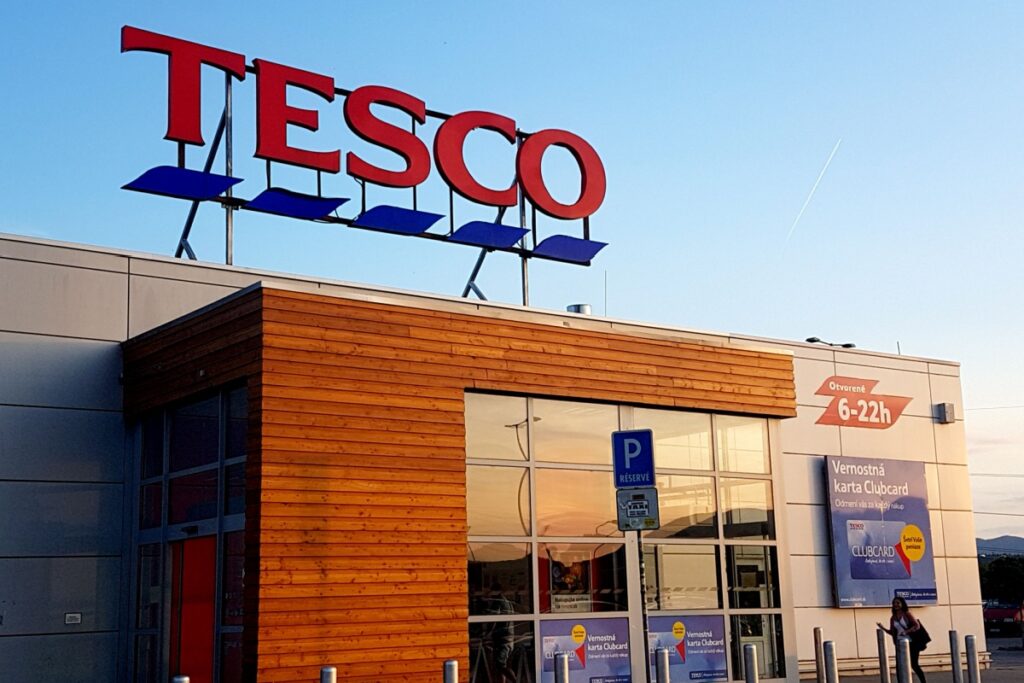// Grocery chains’ new openings grew 1.4% 2020, compared to 0.7% in 2019, according to Local Data Company
// Aldi & Lidl led the charge, with 66 and 76 new stores respectively
// The East of England was the region that had the most number of store openings, with a net growth rate of 3.3%
The number of new grocery stores opening up across the UK doubled last year on the back of surging demand amidst the pandemic and an “essential” status allowing them to stay open during lockdowns.
According to figures from Local Data Company and reported by Property Week, the total number of grocery stores in the UK grew 1.4 per cent in 2020.
This is double the 0.7 per cent growth rate was recorded in 2019.
READ MORE: Brits spend £15.2bn extra on groceries over past year
Lidl – including Lidl’s Northern Ireland stores – and Aldi had the most number of store openings in the UK in 2020.
According to the Local Data Company research, the two German discounters opened 76 and 66 new stores, respectively.
Third on the list was Iceland-owned The Food Warehouse, which opened 28 new stores last year.
Rounding out the top five were Heron Foods and Tesco, both of which opened eight new stores respectively.
Meanwhile, Waitrose and Iceland were the only major grocery chains to close stores last year.
Local Data Company found that almost every region in UK experienced a net uplift in new grocery store openings, with the East of England leading the charge with 3.3 per cent growth.
This was followed by the South East and Scotland, which were tied second with growth of 2.5 per cent each.
The West Midlands followed closely behind with growth of 2.3 per cent.
The only regions that saw a decline in new grocery store openings were Greater London and Yorkshire & Humber, which saw drops of 0.1 per cent and 0.4 per cent respectively.
“Supermarkets and convenience retailing, for obvious reasons, proved much more resilient through the Covid-19 pandemic than other categories,” Local Data Company head of retail partnerships Lucy Stainton said.
She added: “It will be critical for supermarket retailers to find the right balance from a portfolio perspective to capture the key, somewhat opposing, trends – that of shopping hyper locally and a move back to the less frequent ‘big shops’, as shoppers seek to reduce the risk of Covid-19 by doing large shops less often.”
She also said: “Due to the challenges faced by other sectors, available space is increasing both in city centres and larger format/out-of-town locations, presenting an opportunity for supermarkets across both of these channels.”
Click here to sign up to Retail Gazette’s free daily email newsletter
















